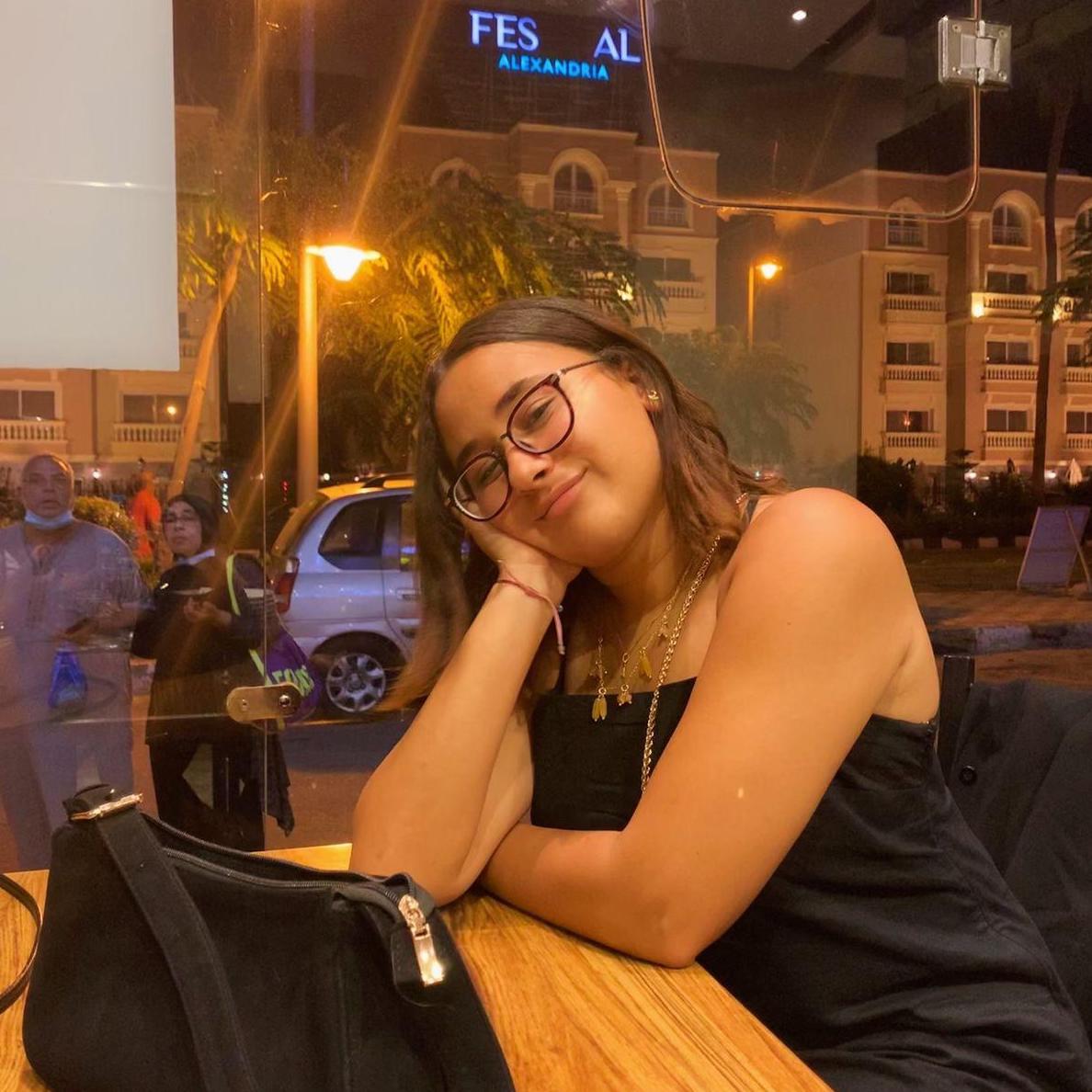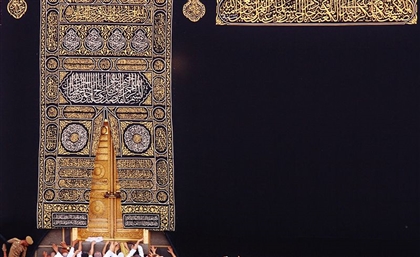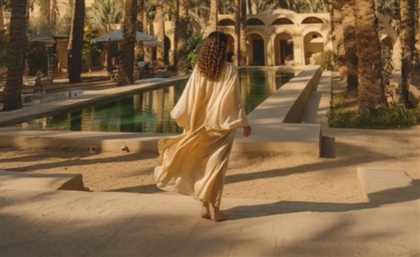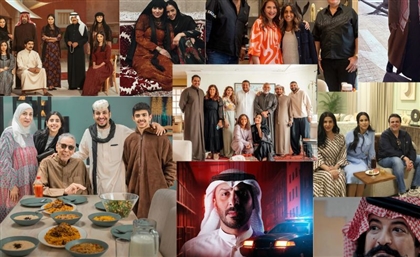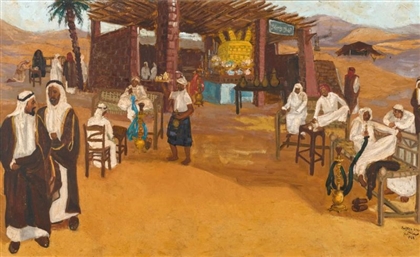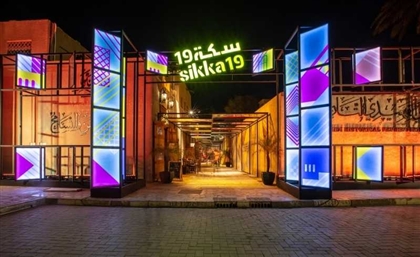How a Digital Platform Dared to Claim 'Love Matters’ in Arabic
As the first of its kind in the field of Arabic sex education, Love Matters Arabic witnessed a decade of change firsthand.

Originally Published August 28th, 2024
When I got my period at the age of 12, I had no idea what I was supposed to do - not because my mother was particularly secretive about it, but because we’re not used to talking about things like that. Do you understand how terrifying it is for a child to go to the bathroom at school and find blood in their underpants? I thought periods consisted of that blue liquid I saw in menstrual product ads, not blood.
I spent the rest of my young years wondering if I could accidentally get pregnant from a toilet seat a boy used, and if riding a bike or using a bidet for too long would taint my honour. That is, until I matured enough to access the internet, where videos and articles from the West were available in a language I luckily understood. My experience, however, only represents a sliver of the Arab community.
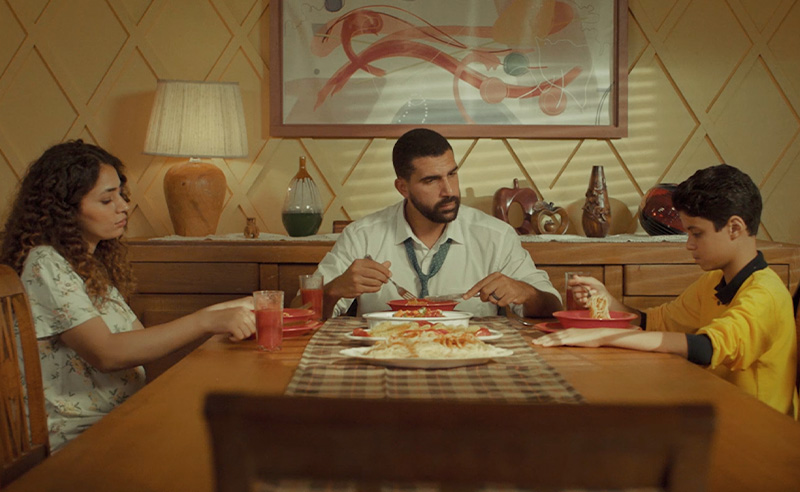
Still from Love Matters Arabic's video on sexual education for children.
Other confused Arab youth do not have the same access to sexual education on the internet that I did because, simply, it is not published in our language. A decade ago, useful platforms like Love Matters were rendered useless to the non-English-speaking Arab population. That is, until the initiative came to Egypt as Love Matters Arabic.
When founders Abeer Sarras and Ramy Metwally recognised a need for information regarding the topics we consider shameful in the Arab community, they launched Love Matters Arabic to educate Arab youth on their bodies, their sexual health and their sexual rights.
“Love Matters Arabic is revolutionary in its accessibility. You can search up any sexual health concept in Arabic, and find an answer in your mother tongue,” project manager Norhan Bader tells CairoScene.
As English-speaking folk, this information is available to us through a variety of sources; Western media has done its due diligence in traversing the world of sex, given that it exists within looser definitions of what is shameful. In Arabic, however, this information is scarce. Translating to ‘الحب ثقافة’, Love Matters Arabic fills this cultural gap.
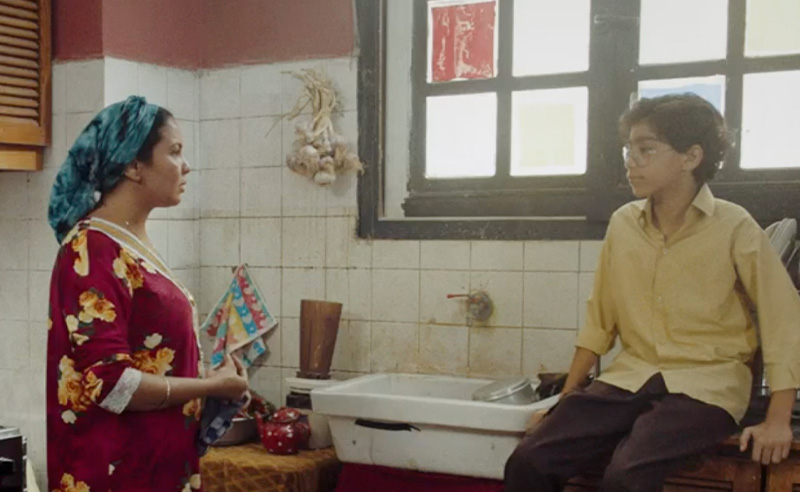
Still from Love Matters Arabic's video on sexual education for children.
“We don’t just translate the information from English to Arabic, a lot more goes into the process,” Bader explains. “When translated, some sexual terms hold a connotation of shame. We have to rework them to be more pleasure-positive, within the constraints of our cultural context.” An example of this is in the translation of ‘self-pleasure’, which, in Arabic, is commonly referred to as ‘el ‘ada el sereya’ (‘the secret habit’), a shame-ridden term rooted in its inherent secrecy. It implies something is fundamentally wrong with self-pleasure that our language should hide. To replace this negative definition, Love Matters Arabic used the term ‘el emta’ el thaty’, gradually inserting it into their language and diminishing the former term. Their use of the term ‘partner’ instead of ‘husband’ or ‘wife’ is an intentional statement of acceptance to all types of relationships.
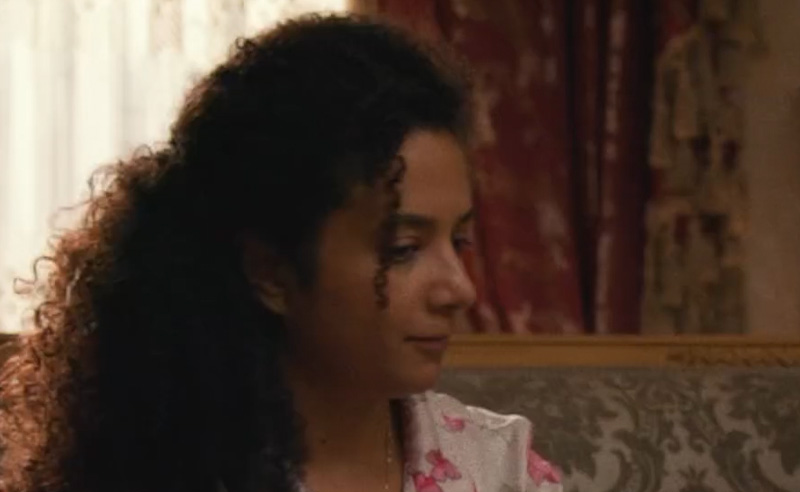
Still from Love Matters Arabic's video on women's right to sex.
In the past 10 years, Love Matters Arabic has tackled various sexual health topics across their digital platforms through both written and video content. To make their articles even more accessible, the project has started to include an alternative text option for people with visual impairments, as well as sign language on all their videos for people with hearing impairments.
They also have a dedicated video segment for younger people, titled ‘Love Matters Ar Junior’, that provides Arabic adaptations of international sex-ed platform Amaze’s videos. The content prepared by the initiative is always in demand. Every day, a new young person stumbles across the platform, and is kept sexually safer because of the information they have access to. “I view the Love Matters Arabic library as a basket,” Bader says. “Anyone can just grab what they need. Not everything is for everyone, but we try to speak to everyone.”
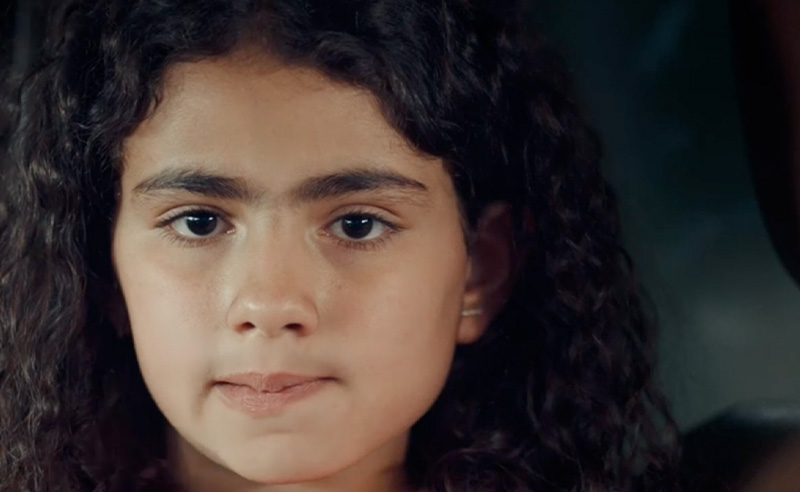
Still from Love Matters Arabic's video on sexual education for children.
Currently, Love Matters Arabic is concerned with the sexual education of people with disabilities. “How does a girl who cannot see know about her period?” Bader says. “How can we ask her about changes in the colour and consistency of her blood to denote changes in her health? Assessing the smell is a potential method.”
The generalised content is not always enough, though. The fear and confusion associated with issues faced in societally-uncharted territory creates a need for human connection, a need for validation. This is why Love Matters Arabic also offers completely free personal consultations (anonymous or otherwise) through their Instagram DMs and, recently, through an entirely secured mobile application. “Young people especially are constantly in need of support,” Bader tells us. “Answering their questions, besides keeping them safe and providing them with the necessary context, grants them a necessary validation of their experiences and concerns.”
When asked what they would say to younger audiences, specifically young girls, if they could give them one piece of advice, Bader says, “Don’t be scared, come talk to us. Ask us - a lot - for everything you need. The process of coming of age is so difficult, and it’s become even more challenging in this digital age. But support exists.”
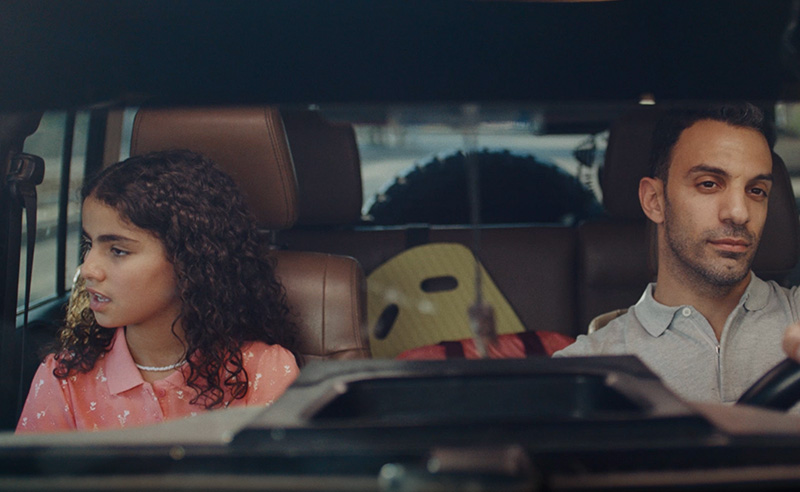
Still from Love Matters Arabic's video on sexual education for children.
Dina Abdel-Nabi, the Partnerships and Communication Officer at Love Matters Arabic, answers, “The process of self-exploration is never-ending - just because your body is changing now, doesn’t mean you have to figure all of it out now. You live in your body your whole life. The most important thing is to stay curious and get to a place where you feel satisfied.”
One of Love Matters’ video campaigns is aimed at parents to answer children’s questions. In a series of videos, various children are shown asking their parents questions like, “What is a period?” and “What is sex?”. The videos show various inaccurate or shame-riddled answers parents could give, acknowledging the cultural impact our societies have on questions like that. “In that video, we were careful not to portray the parent as a villain. These misguided answers come from a place of love and concern, but they lack validity, which is what we try to supply.”
As a pioneer in their field, Love Matters Arabic has witnessed firsthand changes in how both the community they built and the wider society view sexual education. “Over 10 years, people have grown to trust us. We have become a source that the community shows less resistance to now.” People’s perspectives have changed, particularly noticeably around topics like sexual assault and female genital mutilation (FGM). “In the topic of FGM specifically, people’s questions have morphed from ‘What would we do without it?’ to ‘Okay, how do the women who have been subjected to this move forward?’”
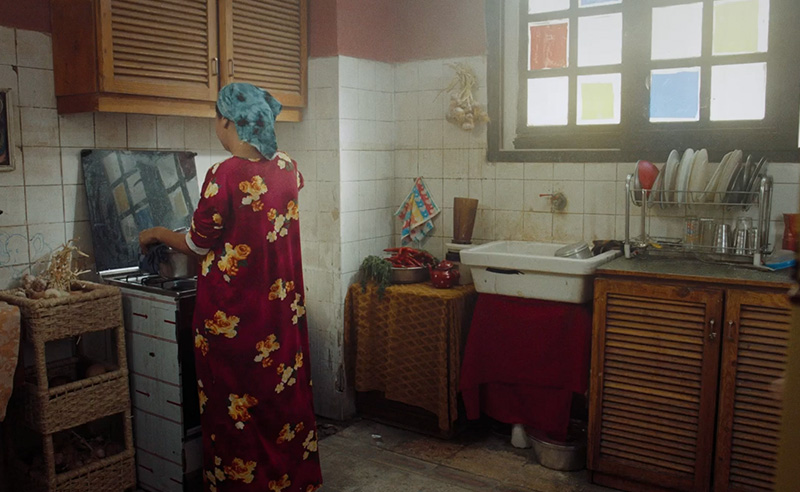
Still from Love Matters Arabic's video on sexual education for children.
“We’ve learned that assumptions kill development,” says Abdel-Nabi. “People assume that parents don’t want their kids to receive sexual education, in schools or at home. But the truth is that they just don’t know how to go about it. They feel like they don’t know enough themselves.”
The progress achieved by Love Matters Arabic incites hope that even the shame around topics that the community continues to resist, like the sexual rights of women in relationships, gender roles and sexual fetishes, can be eradicated. People on the Love Matters Arabic team experience this retreatment of shame firsthand. “When I tell people about my job, they often exhibit discomfort. I’ve learned that this is good. The discomfort leads to an argument which eventually leads to their education.”
It is comforting to know that Love Matters Arabic has built a strong community, one that is grateful for their input.
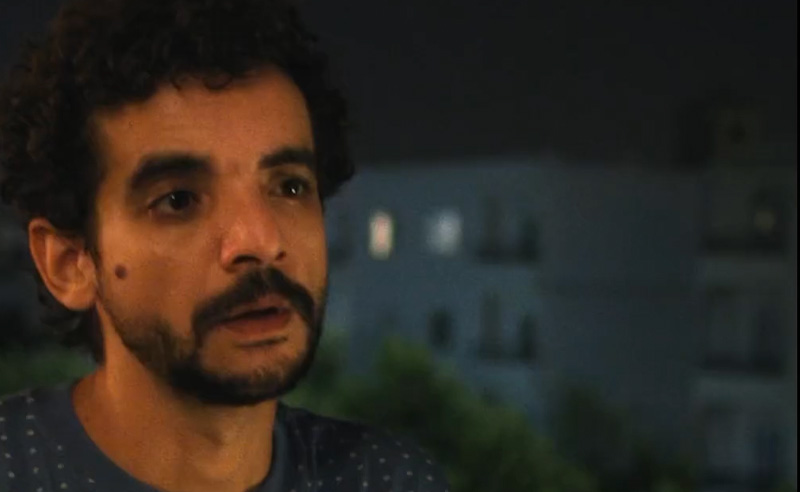
Still from Love Matters Arabic's video on accessibility.
“The point of Love Matters Arabic remains in celebrating one’s healthy body,” Bader says. “You should be happy in your body, not just exist in it, but celebrate it.”
In the coming years, the initiative hopes to make their information even more accessible, by paying special attention to the sexual education of people with disabilities, and by crafting TikTok content aimed specifically at teenagers and Gen-Z. They also intend to diversify their in-person efforts, by collaborating with organisations that work in further governorates, for example in Upper Egypt. After 10 years, Love Matters Arabic is only more eager to facilitate change in the Arab community.
- Previous Article Michael Bublé to Perform in Egypt’s New Capital
- Next Article Inside Egypt’s Seven UNESCO World Heritage Sites
Trending This Week
-
Feb 03, 2026







